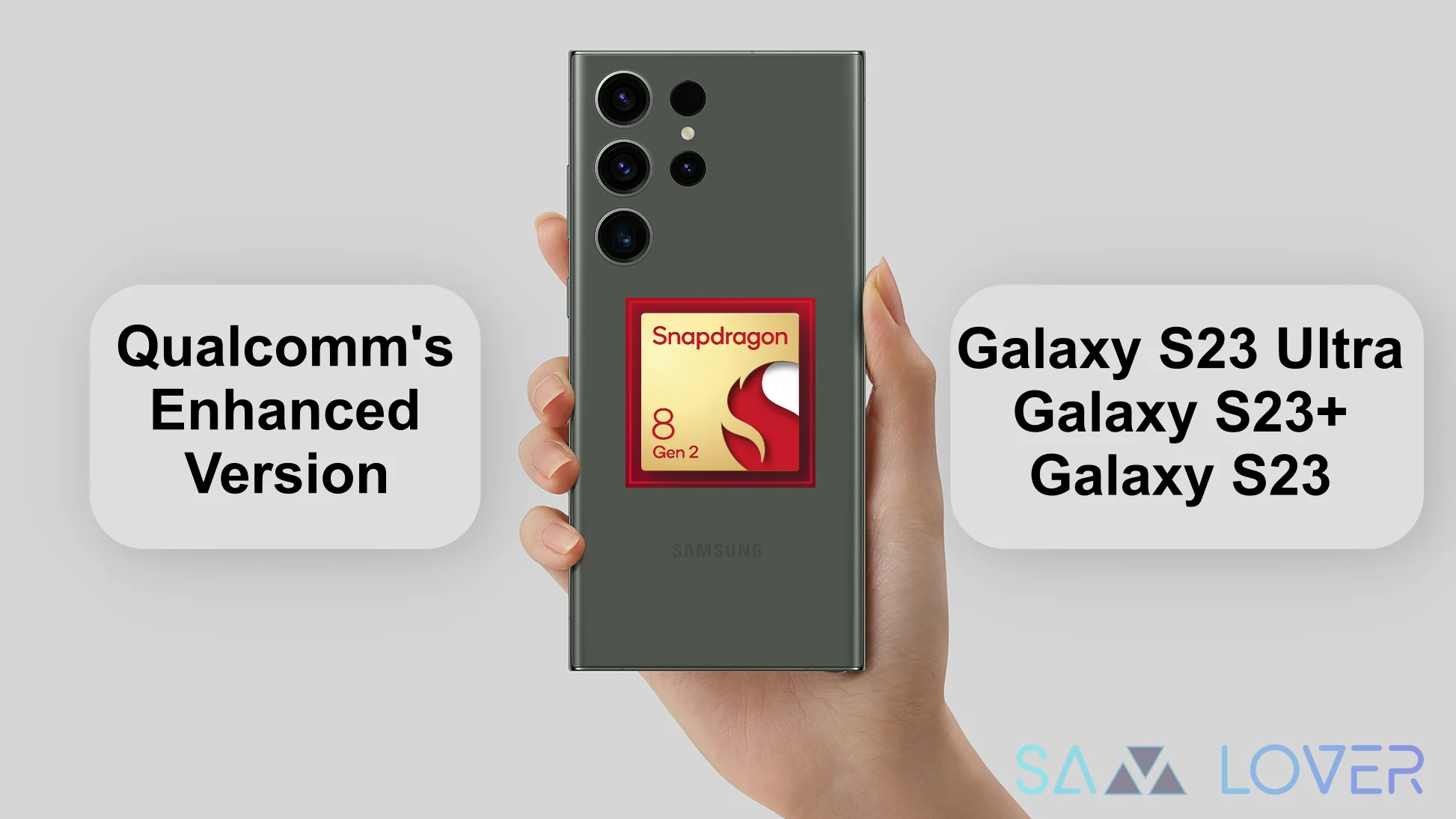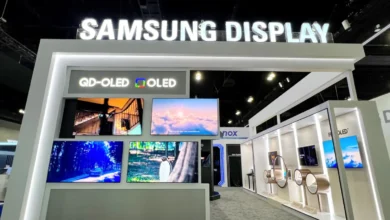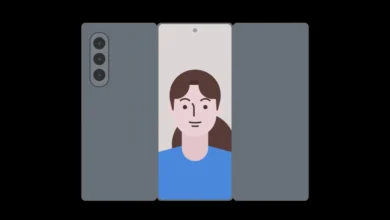
The Korean tech giant unveiled the Samsung Galaxy S23 Series during the Galaxy Unpacked with Qualcomm’s Snapdragon 8 Gen 2 processor, one of the latest and most powerful chips on the market today. It boasts a powerful eight-core CPU, advanced GPU, and a vast array of features that make it an ideal choice for smartphones like Samsung’s Galaxy S23 Series.
The Snapdragon 8 Gen 2 is an enhanced version of Qualcomm’s chip that is used in the Galaxy S23 smartphones. It is a version modified specifically for the new flagships of the Korean giant that differs in numerous aspects from the basic version of Qualcomm’s top-of-the-range chip.
Official price of Galaxy S23 Ultra, Galaxy S23+, and Galaxy S23
With the farewell – we will see if the final – of the Exynos processors. The Snapdragon 8 Gen 2 for Galaxy is a specially modified version of the chip that, according to Qualcomm, represents the “fastest Snapdragon ever” and promises to improve numerous aspects of the new smartphones, from gaming to the camera and also through artificial intelligence.
How is the Snapdragon 8 Gen 2 enhanced for Galaxy S23 Series?
The Snapdragon 8 Gen 2 for Galaxy chip in the Samsung Galaxy S23 is more powerful and power-efficient than the base processor because it has an improved CPU and GPU. More specifically, the Adreno 740 GPU is overclocked from 680 MHz to 719 MHz, while the CPU is overclocked from 3.2 GHz of the base version to 3.36 GHz of the “for Galaxy” edition.
These figures equate to more fluid gaming, which will enhance lighting and reflections thanks to the GPU’s ability to handle ray tracing in compatible titles. Additionally, the Snapdragon Game Post Processing Accelerator is included in the CPU, which enhances performance and adds new effects to games like depth of field and motion blur.
However, the camera is where the biggest advancements occur. Semantic segmentation, which is nothing more than a deep learning algorithm that assigns a label or category to each pixel of an image, is made possible for the first time by the Snapdragon 8 Gen 2 CPU, which employs the so-called Cognitive Image Signal Processor. As a result, it is possible to distinguish the different aspects more clearly and adjust them as necessary. For instance, this might be done to enhance the readability of a book’s text or the skin on a person’s face.
Galaxy S23 Ultra Official Specifications
Significant advancements in connectivity and artificial intelligence are also made possible by Qualcomm’s X70 5G modem, which, when combined with artificial intelligence, improves the 5G network and permits the phone to support two SIM cards simultaneously connected to it. Qualcomm’s AI Engine works on artificial intelligence software in different scenarios, such as by removing echo and background noise during a call.
Know More
The Snapdragon 8 Gen 2 for Galaxy S23 is a powerful, reliable and efficient chip that has been enhanced to provide users with an improved experience. This chip should be considered as one of the top-tier chipsets on the market today due to its features such as 5G support, AI capabilities and integrated security protocols. With this chip in your device you can rest assured knowing that your device will perform optimally in any situation.



